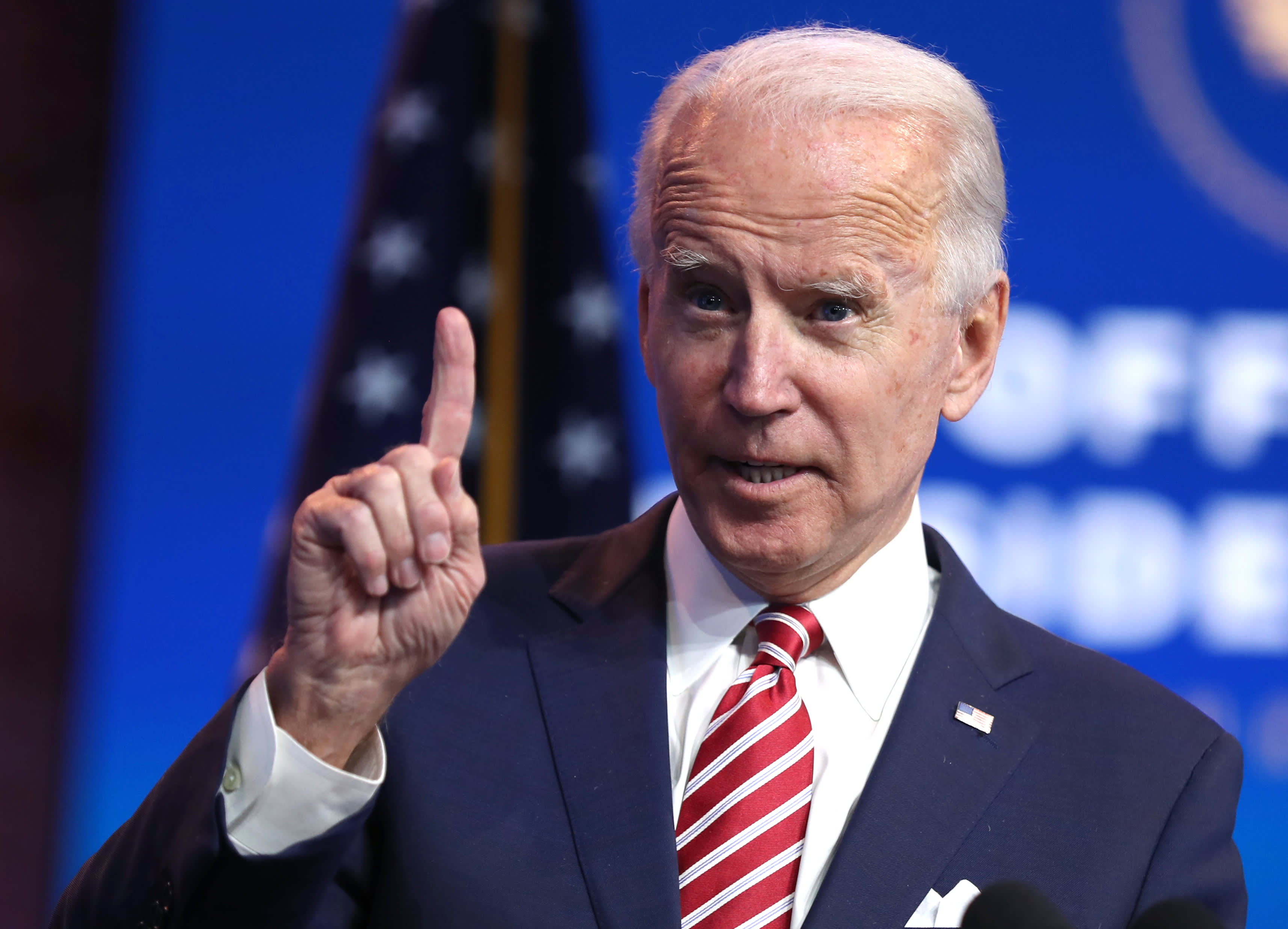
Biden looks to push ‘reshoring’
Submitted by:
Andrew Warmington
The Biden administration has announced plans to tackle the US’s dependency on imports for critical medicines, with a new strategy that will seek to drive the ‘reshoring’ of some manufacturing. This follows a multi-industry review of key supply chains, occasioned by an executive order in February.
The Department of Health & Human Services (HHS) has been tasked with establishing a public-private consortium to produce critical drugs in the US, using its powers under the Defense Production Act and existing partnerships. In the first instance, the consortium will identify 50 to 100 drugs from the FDA’s essential medicines list for prioritisation.
The HHS will also invest around $60 million from the American Rescue Plan to create “novel platform technologies” for domestic API production. These could include 3D printing and continuous manufacturing, which the FDA has been advocating for years. Other agencies have been called on to increase funding of advanced manufacturing technologies for the production of supportive care fluids, APIs and finished dosage form.
Further planned measures include the creation new authorities to help track API sourcing, as well as production on a facility-by-facility basis. Under this, the origin of all drug ingredients and finished drugs would have to be identified on the label.
Currently, an estimated 87% of the generic drugs the US uses are imported and imports are part of 90% of prescriptions filled there. The exact figure is unknown, because much of the relevant information is proprietary. The COVID-19 pandemic has thrown the issue into focus, especially in the wake of hostility to China. Indeed, considerably more stringent bills have been introduced into Congress.
However, the pharma industry has warned that the administration’s aims will not be easy to achieve, because of the cost advantages that drove manufacturing abroad in the first instance. Pharmaceutical Research & Manufacturers of America (PhRMA) stated: “While we support efforts to foster more manufacturing in the United States, moving all manufacturing here is impractical and likely not feasible”. Instead, policymakers should “take a long-term, more holistic look at global pharmaceutical manufacturing supply chains before jumping to rash proposals that may cause significant disruptions to the US supply of medicines”.
The administration has already been investing in domestic production of COVID-19 drugs. In April, the Biomedical Advanced Research & Development Authority (BARDA) signed a $354 million deal with Phlow Corporation to produce essential medications at Virginia Commonwealth University’s Medicines for All Institute.
The total cost of this could reach $812 million over ten years. Phlow and its partners, which include Ampac Fine Chemicals, producing APIs its own site in Virginia, will make COVID-19 treatments. Later, they will create an infrastructure to continue manufacturing essential medicines that are in short supply for domestic use. Over time, they intend to create the first ‘Strategic API Reserve in the US’.
